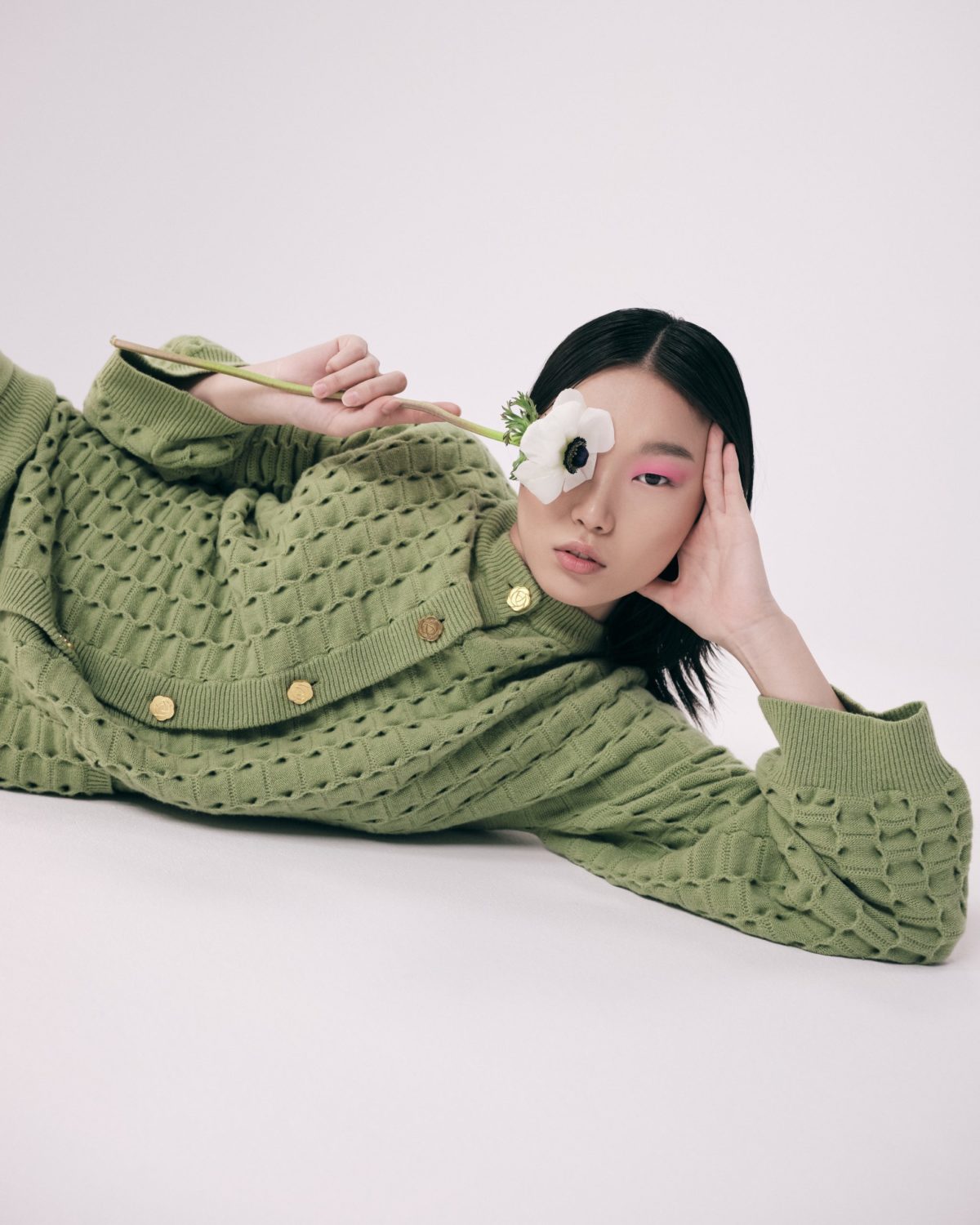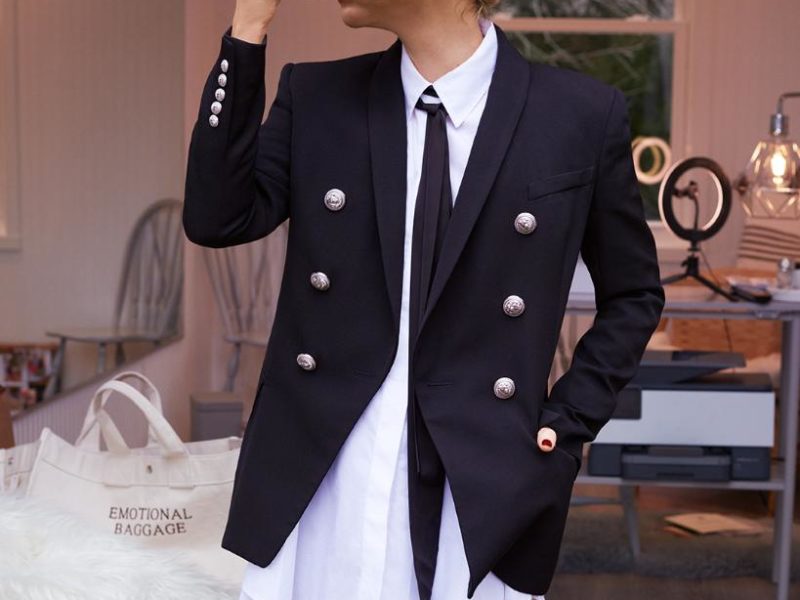Introducing Ami Amalia, a family owned luxury knitwear company changing the game in slow fashion with sustainable, cruelty-free yarns and uncompromising ethics.
In a world of mass retail, product pollution, fast and unsustainable fashion, Ami Amalia was born from the dream of a sustainable, slow fashion, boutique brand built on responsibility and respect for the resources and people involved in the product lifecycle. We’ve all heard it before. Brands, designers and corporations touting sustainability as a core value, citing the world and it’s precarious situation, a love of animals or dedication to fair labor as the reason the products they offer— or greenwash— are ethical and eco friendly. While the industry researches, innovates and pontificates on sustainability, Ami Amalia has been passionately and transparently making a name for herself with unique and luxurious knitwear, meant to last lifetimes.
With a an eye for unexpected color combinations, and a library of styles and knit patterns that comes from learning the industry by trial and error, Amalia is dedicated to sustainable, ethical and eco-minded practices throughout the entire product lifecycle, starting with supply chain. The company partners exclusively with suppliers like a heritage mill in Italy that has been producing yarn the same way for generations. She also doesn’t hesitate to share with her followers why one yarn might be more sustainable or softer than another, or how an updated design detail improved a product, and it is this rare kind of integrity that first drew us to Ami Amalia. Her working process is a natural flow, but she found friction coming from within the industry, and was often challenged as to why she does things differently until someone deciphered the confusion; she still thinks like a consumer, and built her business through the eyes and needs of a customer, with their interests in mind.
“While a traditional factory needs to standardize production and is profitable when mass producing, I have built the business to make producing less — without waste, in dialogue with the customer— profitable. I do not have a top-down attitude towards ours customers “I am the designer and you shall wear this, and if it doesn’t fit you, is your (body’s) problem”. We communicate, advise our customers, and share our expertise. Only together we can create pieces they will wear confidently, for a long time, and while doing this we address two of the biggest issues of the fashion industry: returns, and unwanted stock. Yes, there is a limit to how much our business model can be scaled, but we don’t believe in growing for sake of growing, but in staying true to our sustainability objectives.”
“Essential for us in choosing the yarn manufacturers we collaborate with is that they have responsible business models and show resource stewardship, produce zero environmentally toxic discharges, follow and join traceability and sustainability programs.”
After a successful international career in project and contract management, Amalia embraced motherhood and in doing so found the inspiration to act on her passion for natural yarns, quality clothing and sustainability. Ami Amalia the company was born in 2017. After a short period of producing designs at traditional knitting factories, Amalia understood that only in building a modern micro-factory with true sustainable values as foundation could she create value for her customers and break the circle of perpetuating the industry’s pitfalls. During the height of the pandemic, when many companies worldwide furloughed and laid off, Ami Amalia continued to keep employees on full salaires and brought on new team members to help mitigate workload stress, offered private as well as public health insurance, a savings plan, and moved the entire team into the new facility. The new factory is set to run as as a studio hybrid, and will be partnering with a curator to rotate a curation of art installations to keep the team uplifted and inspired.
“I wish I had in my wardrobe a sweater I could say “my mom wore this when she was pregnant with me”, or “when I was a child“ , but I hope my daughter’s wardrobe will have such pieces.”
Amalia’s designs are an ongoing exploration of technical knitting, and push the boundaries of traditional knitwear and materials with an intuitive approach. “I admit I mostly focus on longévive styles, and that stems from my respect and love for the yarns we use, the work we put into production, and my customer’s money. I cannot use yak wool or organic alpaca that have the natural characteristics to last for generations in a design that is just a one season trend. I do not want our items to be the “it” items of the season, but wardrobe heirlooms, companions through life.”
With a robust spring offering now available on Farfetch including shorts, skirts, dresses, cardigans, blankets and signature stirrup leggings, devotees can also customize pieces and be a part of the process with Amalia herself when purchased direct. Part of the luxury of slow fashion, and specifically this brand, is that having an in house factory allows for rapid product development and innovation while pieces are shipped immediately after production, lovingly packed by the Ami Amalia team who all work in the new facility. This means that different parts of the business who may traditionally work separately are able to be closer to both the garments and the customer, bringing the production team closer to the customers and the e-commerce team learning the ins and outs of how the pieces they market are being made.
“I mostly focus on longévive styles, and that stems from my respect and love for the yarns we use, the work we put into production, and my customer’s money. I can not use yak wool or organic alpaca that have the natural characteristics to last for generations in a design that is just a season’s trend. I do not want our items to be the “it” items of the season, but Wardrobe heirlooms, companions through life. I wish I had in my wardrobe a sweater I could say “my mom wore this when she was pregnant with me”, or “when I was a child”, but I hope my daughter’s wardrobe will have such pieces.”











































